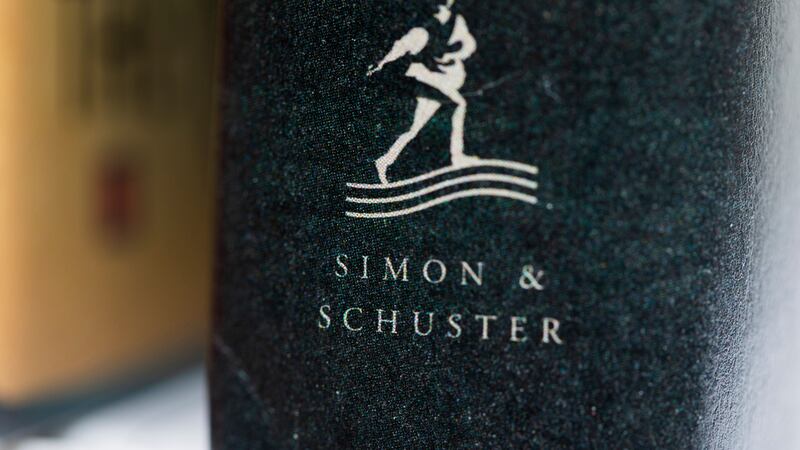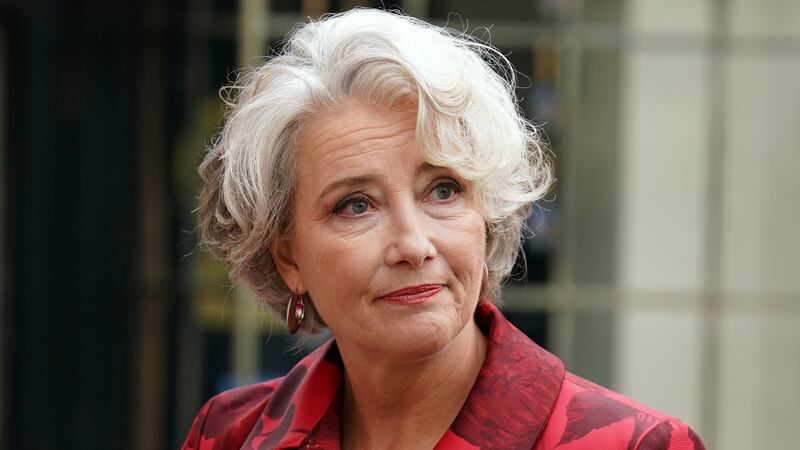A US judge has blocked Penguin Random House’s purchase of Simon & Schuster, agreeing with the Justice Department that the merger of two of the world’s biggest publishers could “lessen competition” for “top-selling books”.
The ruling was a victory for the Biden administration’s tougher approach to proposed mergers, a break from decades of precedent under Democratic and Republican leadership.
District Court Judge Florence Y Pan announced the decision in a brief statement on Monday, adding that much of her ruling remained under seal at the moment because of “confidential information” and “highly confidential information”.
Penguin Random House condemned the ruling, which it called “an unfortunate setback for readers and authors”. In its statement on Monday, the publisher said it would seek to appeal.
Assistant attorney general Jonathan Kanter, of the Justice Department’s Antitrust Division, praised the decision, saying in a statement that the decision “protects vital competition for books and is a victory for authors, readers, and the free exchange of ideas”.
He added: “The proposed merger would have reduced competition, decreased author compensation, diminished the breadth, depth, and diversity of our stories and ideas, and ultimately impoverished our democracy.”
Judge Pan’s finding was not surprising — through much of the three-week trial in August she had indicated agreement with the Justice Department’s contention that Penguin Random House’s plan to buy Simon & Schuster, for 2.2 billion dollars (£1.91bn), might damage a vital cultural industry.
But it was still a dramatic departure from recent history in the book world and beyond.
The publishing industry has been consolidating for years with little interference from the government, even when Random House and Penguin merged in 2013 and formed what was then the biggest publishing house in memory.
The joining of Penguin Random House and Simon & Schuster would have created a company far exceeding any rival and those opposing the merger included one of Simon & Schuster’s most famous writers, Stephen King, who testified last summer on behalf of the government.
Mr King tweeted on Monday that he was “delighted” by the ruling, adding: “The proposed merger was never about readers and writers; it was about preserving (and growing) PRH’s market share.”
I am delighted that Judge Florence Pan has blocked the merger of Penguin Random House and Simon & Schuster. The proposed merger was never about readers and writers; it was about preserving (and growing) PRH's market share. In other words: $$$
— Stephen King (@StephenKing) November 1, 2022
The Justice Department’s case against Penguin Random House did not focus on market share overall or on potential price hikes for customers. The department instead argued that the new company would so dominate the market for commercial books – those with author advances of 250,000 dollars and higher – that the size of advances would go down and the number of releases would decrease.
Simon & Schuster will likely end up under new ownership, no matter the outcome of any legal appeals.
The publisher had been up for sale well before the Penguin Random House deal was announced late in 2020 and the publisher’s corporate parent, Paramount Global, has said it did not see Simon & Schuster as part of its future. Other bidders against Penguin Random House included Rupert Murdoch’s News Corp, which owns HarperCollins Publishers.
Simon & Schuster is one of the country’s oldest and most successful publishers, with authors ranging from King and and former secretary of state Hillary Clinton to Colleen Hoover and Doris Kearns Goodwin. Authors at Penguin Random House include Mrs Clinton’s husband, former president Bill Clinton, Where The Crawdads Sing novelist Delia Owens and historian Robert A. Caro.
In a company memo on Monday shared with The Associated Press, Simon & Schuster CEO Jonathan Karp sought to reassure employees that “despite this news, our company continues to thrive. We are more successful and valuable today than we have ever been, thanks to the efforts of all of you on behalf of our many magnificent authors”.








